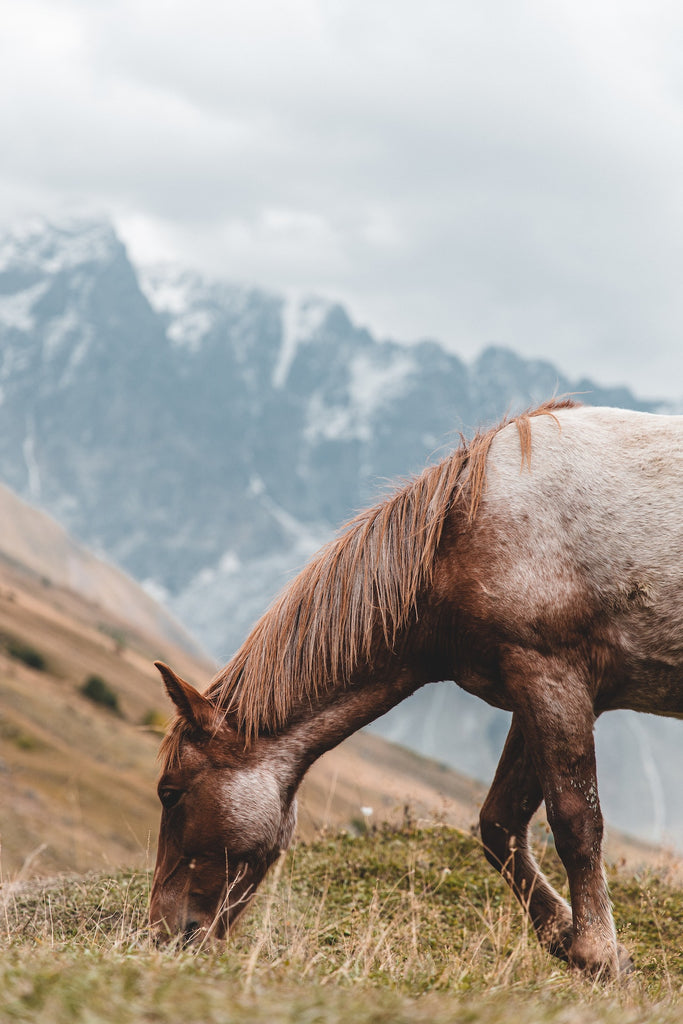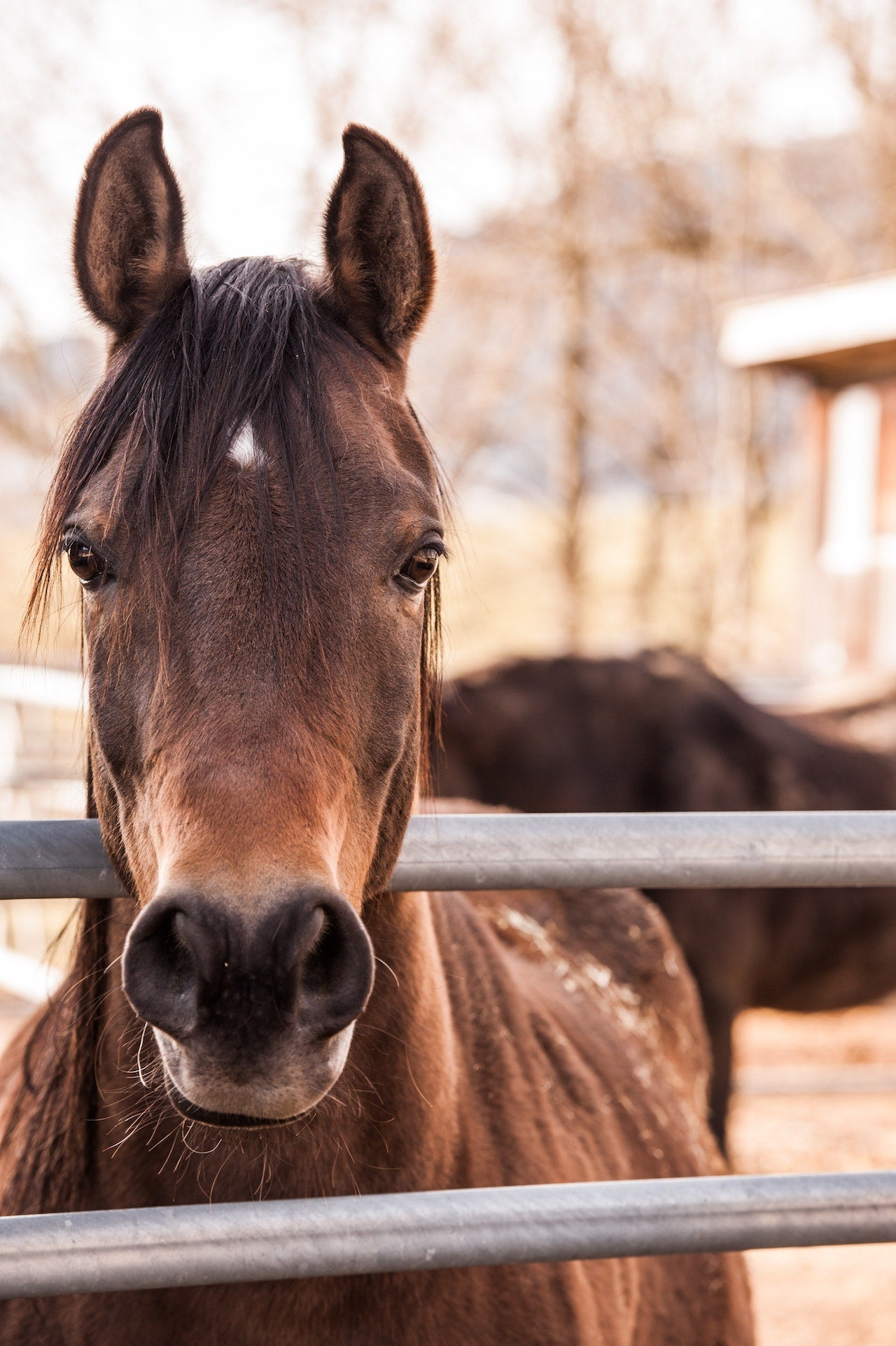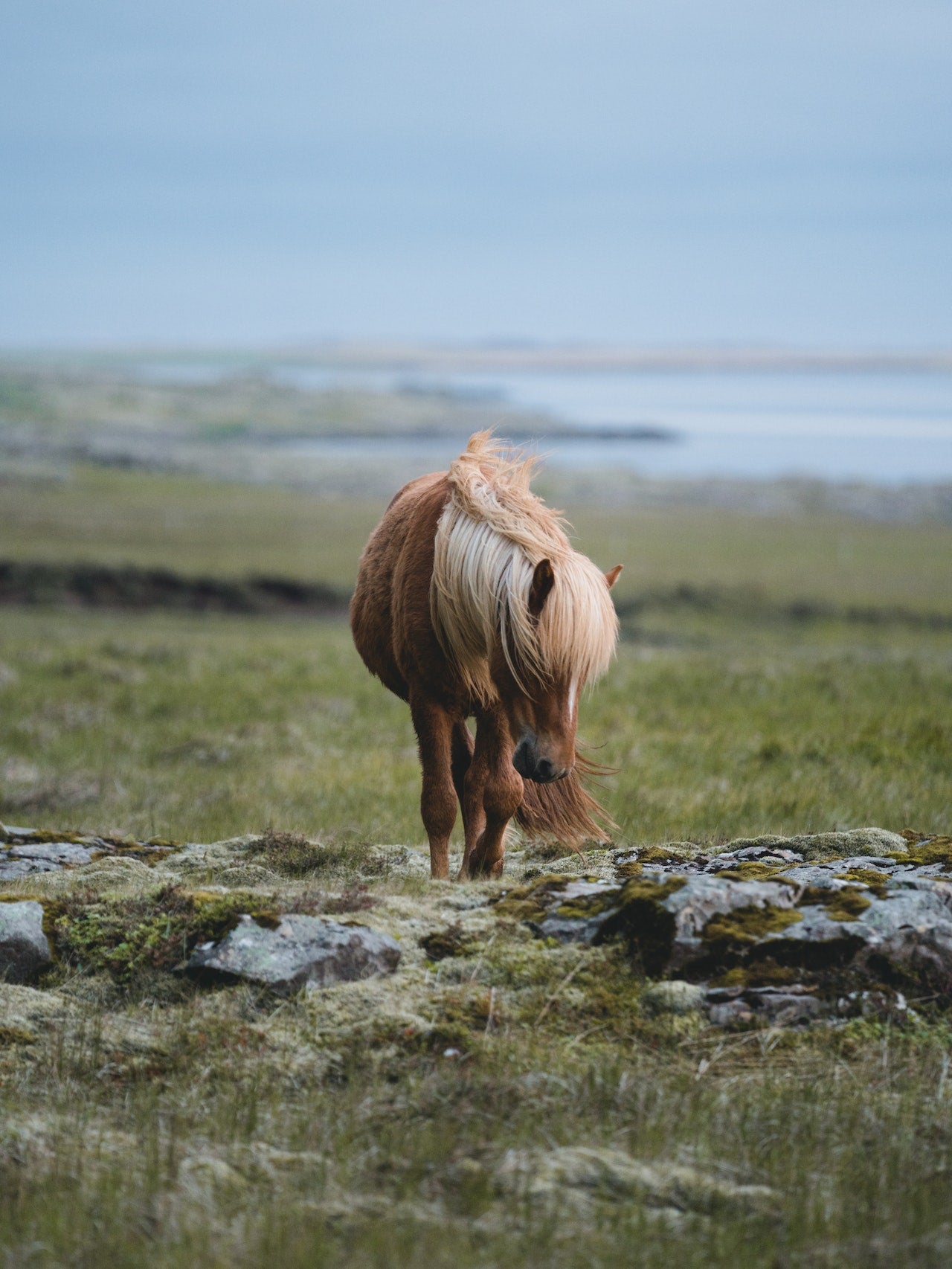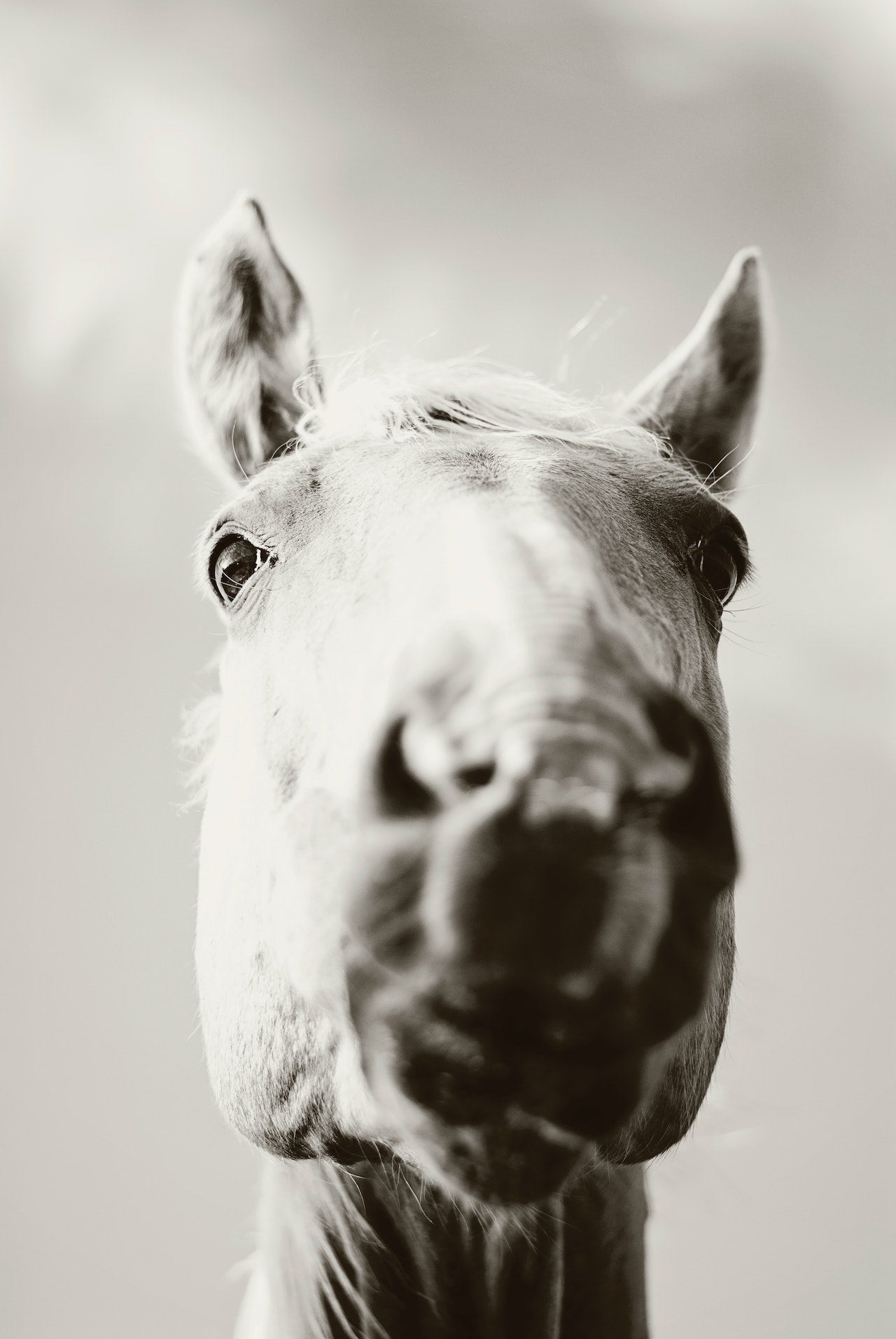
Alfalfa Wonder: Superfood for a Healthy Horse
As responsible horse owners, we work hard to give our animals the finest food we can, one that promotes their development, performance, and general health. Alfalfa stands out as an exceptional fodder alternative that may have a major influence on our horses' nutrition when it comes to forage selections.
In this article, we dig into the world of alfalfa and examine the numerous advantages and factors to take into account while feeding our horses this nutrient-rich legume. We set out on a tour across alfalfa's nutritional terrain, learning about its astonishing variety of vitamins, minerals, and proteins that may improve the diet of our equine friends. Alfalfa has a wealth of benefits that may improve our horses' general health, from its excellent amino acid composition to its ability to encourage muscular growth and bone health.
Join us as we unveil the mysteries of alfalfa, a nutritional powerhouse with the potential to transform the equine diet and elevate our beloved horses to new heights of brilliance.
Can Horses Eat Alfalfa?
Indeed, horses can consume alfalfa. Horses frequently eat the legume alfalfa as forage. It is a wholesome choice for horse diets since it is an excellent source of protein, vitamins, and minerals. However, it's crucial to take into account the specific nutritional requirements of each horse and feed them properly.

About Alfalfa
Alfalfa is a perennial flowering plant in the legume family with the scientific name Medicago sativa. Due to its great nutritional content, it is commonly grown as a feed crop for livestock, particularly horses. Although alfalfa originated in some regions of Asia, it is currently grown and used all over the world.
The high protein content of alfalfa is one of its distinguishing qualities. Alfalfa contains a lot more protein than other typical fodder sources, such as grass hay. For horses with increased protein needs, such as developing foals, nursing mares, and performance horses, this makes it a fantastic option.
Alfalfa is a good source of protein and other vitamins and minerals. It is renowned in particular for having high levels of calcium, magnesium, potassium, and vitamin K. These vitamins and minerals support the growth and upkeep of healthy teeth, bones, and musculoskeletal systems in horses.
The Benefits of Feeding Alfalfa to Horses
High Protein Content
Because of its well-known high protein content, alfalfa is a fantastic option for horses with higher protein needs. Protein is necessary for the growth of muscles, tissue healing, and general development. The greater protein content of alfalfa can be advantageous to grow foals, pregnant and nursing mares, and performance horses.
More Digestible Energy
Horses' energy levels may be increased by alfalfa's higher calorie content as compared to grass hays. For horses with greater energy needs, such as those involved in rigorous training or competition, this may be very advantageous.
Dietary Fibre
Although alfalfa is frequently known for its high protein content, it also has a sizable quantity of dietary fibre. Both digestible and indigestible components make up this fibre. Soluble fibre, a kind of digestible fibre, is an immediate source of energy. The insoluble fibre, sometimes referred to as indigestible fibre, helps to maintain a healthy digestive tract by promoting intestinal motility.
Access to Essential Minerals
Alfalfa is a notable source of essential minerals necessary for the general health of horses. It has significant concentrations of copper, zinc, selenium, and trace elements including calcium, phosphorus, magnesium, and potassium. These minerals support the body's electrolyte balance, enzyme activity, muscular contraction, and bone growth.
Good Supply of Vitamins
Vitamin A, vitamin E, and vitamin K are among the vitamins found in alfalfa. While vitamin E serves as an antioxidant and promotes healthy muscle and nerve function, vitamin A helps eyesight, the immune system, and reproductive health. The function of vitamin K in blood clotting is vital.
Incorporating Alfalfa into Horses’ Diet
Determine Feeding Quantities
Assess the horse's nutritional demands, including their protein needs, energy needs, and physical condition to determine the appropriate feeding amounts. To decide how much alfalfa to feed, speak with a veterinarian or an expert in equine nutrition. Age, weight, degree of exercise, and general health of the horse should all be taken into account.
Gradual Introduction
Alfalfa should be introduced gradually to horses to give their digestive systems time to adapt. Over the course of many days or weeks, gradually increase the amount of alfalfa by first replacing a tiny portion of their present feed. This helps the horse adjust to the new feed and prevents intestinal issues.
Balance with Other Forage Sources
Take into account how the horse's diet is generally balanced in terms of forage. To ensure a balanced diet, alfalfa can be fed as the only source of fodder or in combination with other hays, including grass hay. Adapt the ratios to the horse's requirements to make sure they get the right amount of fibre, protein, and other nutrients.
Monitor Performance and Health
Following the addition of alfalfa to their diet, keep an eye on the horse's performance, behaviour, and general health. Consult a veterinarian or equine nutritionist if any unfavourable effects are observed, such as weight gain, digestive problems, or behavioural abnormalities, so that additional modifications can be made.
Adjust as Necessary
Keep in mind that every horse is different, and their dietary needs could alter with time. Re-evaluate their nutritional requirements regularly, and change the feeding schedule as appropriate. Changes in workload, pregnancy, ageing, and growth may call for adjustments to the alfalfa percentage of their diet.
Potential Risks and Considerations
Protein Overload
Compared to grass hays, alfalfa has more protein. While some horses may benefit from this, not everyone should consume an excessive amount of protein.
When horses consume a high protein diet, their bodies become too acidic, which can lead to inflammation throughout the body, including the joints and hooves. They could become "hot", tense, or agitated, or exhibit symptoms of liver or kidney stress. Some horses are indeed so sensitive to alfalfa that they cannot handle even little amounts of it.
More heat is produced by protein metabolism than by fat or carbohydrate metabolism. The horse's capacity to expel heat may be hampered by this additional heat. He may even get dehydrated (as a result of increased sweating and higher urine brought on by the breakdown of the alfalfa and kidney flushes) and be more susceptible to heat exhaustion.
Metabolic Disorder
Some components of alfalfa may be more irritating to horses with metabolic problems including insulin resistance or the equine metabolic syndrome (EMS). When compared to grass hays, alfalfa can have greater sugar and calorie contents, which may make these horses' insulin dysregulation worse.
Final Words
You may maximise the advantages of feeding alfalfa to your horse while maintaining a well-rounded and balanced diet by keeping an eye on their health and obtaining professional advice. A deliberate approach to including alfalfa in your horse's diet will benefit their health and well-being.



